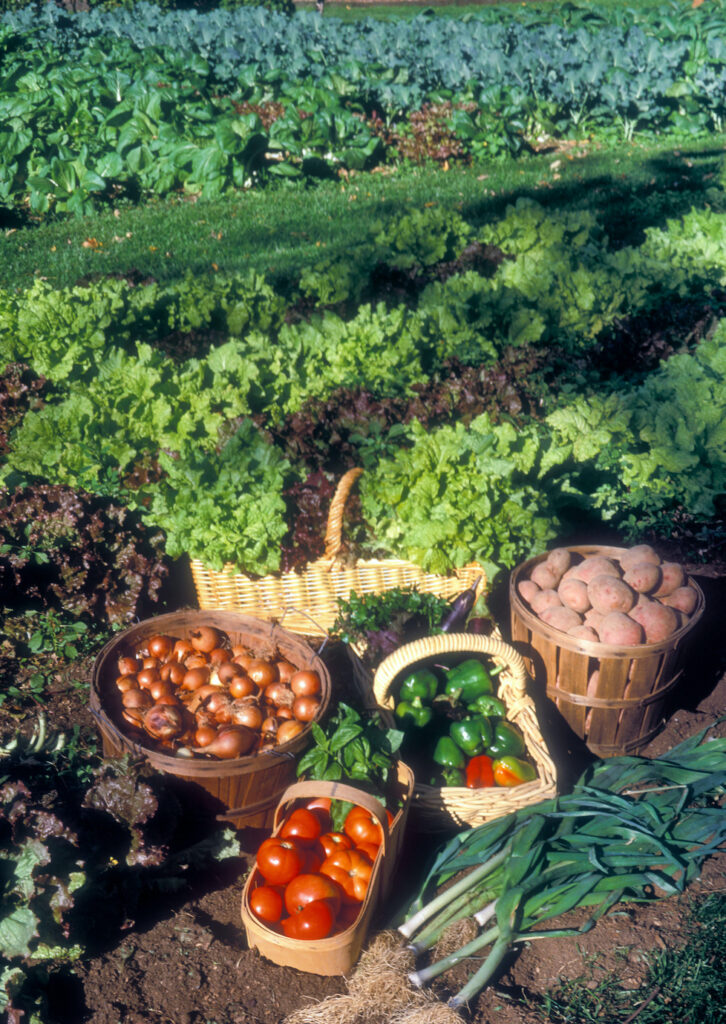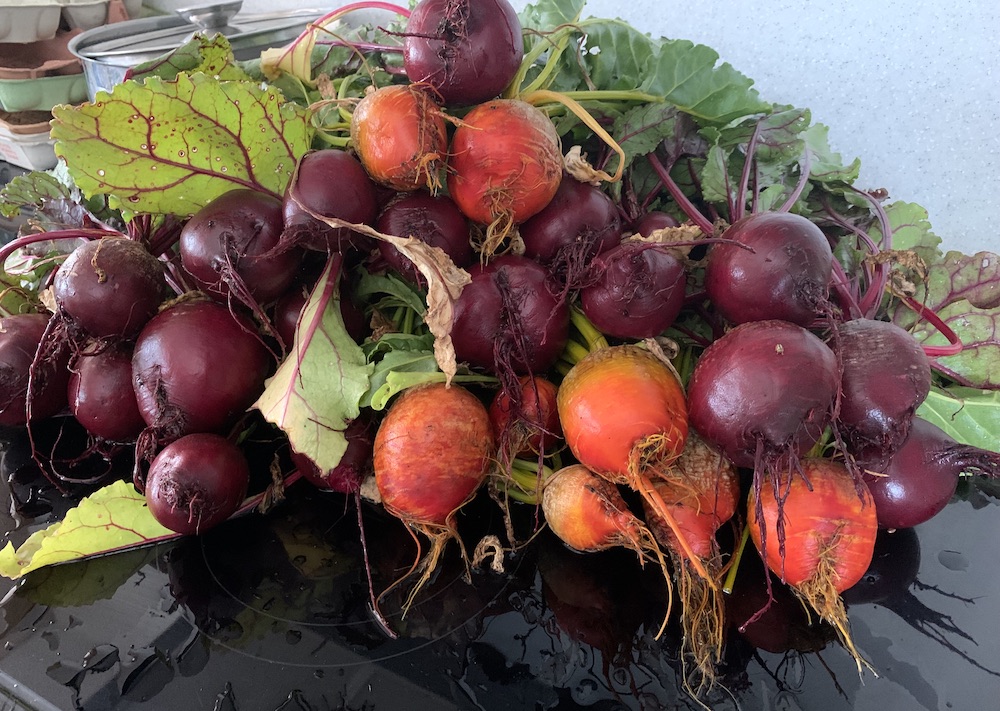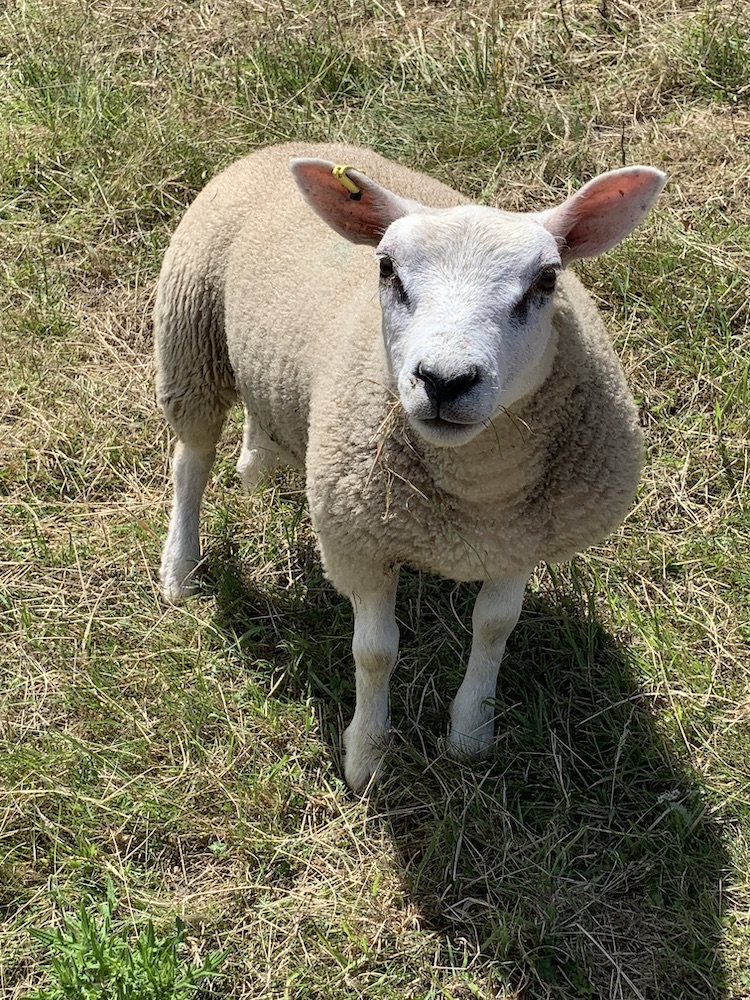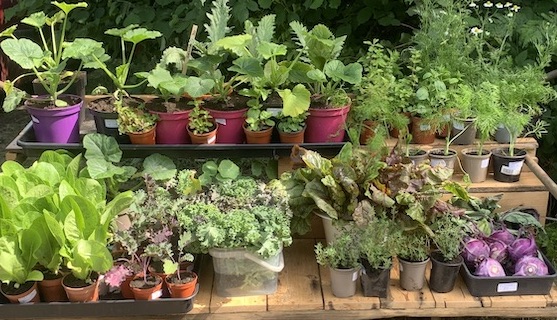To explain what organic is we need to explain what Organic doesn’t do, as much industrialised farming has moved so far beyond what is ‘natural’, most people do not understand Organic – other than the food is not sprayed.

Industrialisation and Agriculture
After the first world war, due to military advances in technology used in the invention of battle-tanks, the development of farming machinery also began to follow the same route. Chemical fertilisers were developed from bomb-making technology and nerve gas was adapted to develop weedkillers and pesticides.High crop yields, predictability in crop performance and profit were increasingly being prioritised as was the rise in monoculture farming. Hedges were stripped out, fields were ploughed and sown with tougher rye grasses in a bid to increase production of food. As a result of industrialisation in farming and agricultural practices we saw an increased loss in biodiversity, natural habitats and nutrition in the actual food produced.
WHAT ORGANIC GROWERS/FARMERS DO NOT DO:
•Use chemical fertilizers, soil conditioners, pesticides, or genetically modified products on or in anything such as animal or plant feed
•Use nanoparticles (manipulation of atoms and molecules) as they carry high unknown risk of toxicity. Eg Titanium Dioxide and Zinc oxide used in food, beauty products DNA vaccines etc
•Don’t use growth promoters or hormones to increase animal size, clone animals or transfer embryos
•Animal mutilations are prohibited such as clipping beaks, tail docking, cutting teeth, dehorning etc. Mutilating animals does not address the underlying cause of a problem eg animal fighting, instead management practice needs to change to reduce stress
•Use of electric goads or tranquilizers or long-distance travel, keeping animals in cages such as farrowing crates and tethering is prohibited.
•Use sanitizers and cleaning products that contain QACs (Quarternat Ammonium compounds) eg: Deosan, Detsan, Foamsan, Quatsan, as they do not rinse well and so contaminate food products with toxic substances
•Use inhumane pest control, toxic substances, fogs and sprays that contaminate food and surfaces
•Use BPA (Bisphenol A) in food packaging as it has endocrine disrupting properties and is toxic to our ability to reproduce
•Do not use organophosphate sheep dips as they are acutely toxic, causing, decreased male fertility. Foetal abnormalities, chronic Fatique syndrome, Parkinsons and cancer. Very harmful to wildlife
•Do not keep animals in landless housed systems or overstock or intensively feed.
•Use processes and products harmful to the environment such as chemicals but also cellulose based packaging such as bleached paper or PVC (contains toxic substances and the production has harmful environmental impact)
•Does not clear land which has high conservation value, this is prohibited under organic standards as it has negative impact on biodiversity, ecology, climate and indigenous peoples.

WHAT ORGANIC GROWERS/FARMERS DO:


•High Animal welfare – the standards have detailed requirements on species specific needs, including building natural immunity defense, access to outside pastures, movement etc
•Always use herbal and homeopathic medicines in preference to chemically synthesized treatment
•Maintain plant and animal health via preventative measures such as soil fertility and healthy biome rather than pesticides and disease control
•Maintain and enhance soil life, long term fertility, structure and biological activity of the soil
•Avoid the use of external inputs especially chemically synthesized
•Only uses safe naturally derived cleaning and sanitizing substances in animal and food production areas
•Appropriate stocking densities and use of natural habitats, the standards have minimum requirements for the grazing of pasture
•Where housing in necessary it must be for a specific time and strict rules apply on sizes, enrichment activities and bedding etc.
•Organic farming practices must be Non- harmful to the environment, considering impact on ecology: use natural products not chemical, adhere to standards for biodiversity and conservation enhancement
•Practices must minimize pollution and waste, foster biodiversity and protect sensitive habitats, even those that are inhabited by indigenous peoples
BIODYNAMIC IS ALWAYS ORGANIC WITH AN ADDED IDEOLOGY AND PRACTICAL APPLICATION

